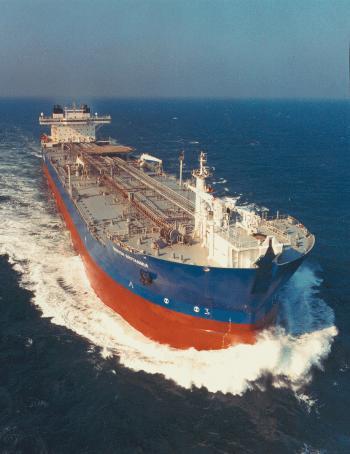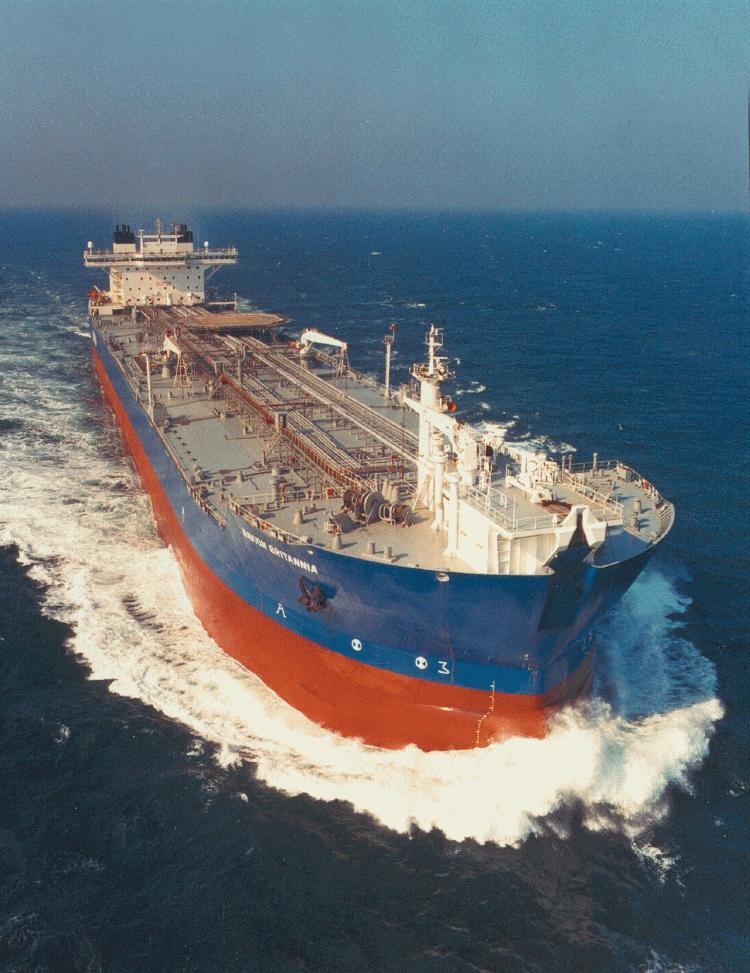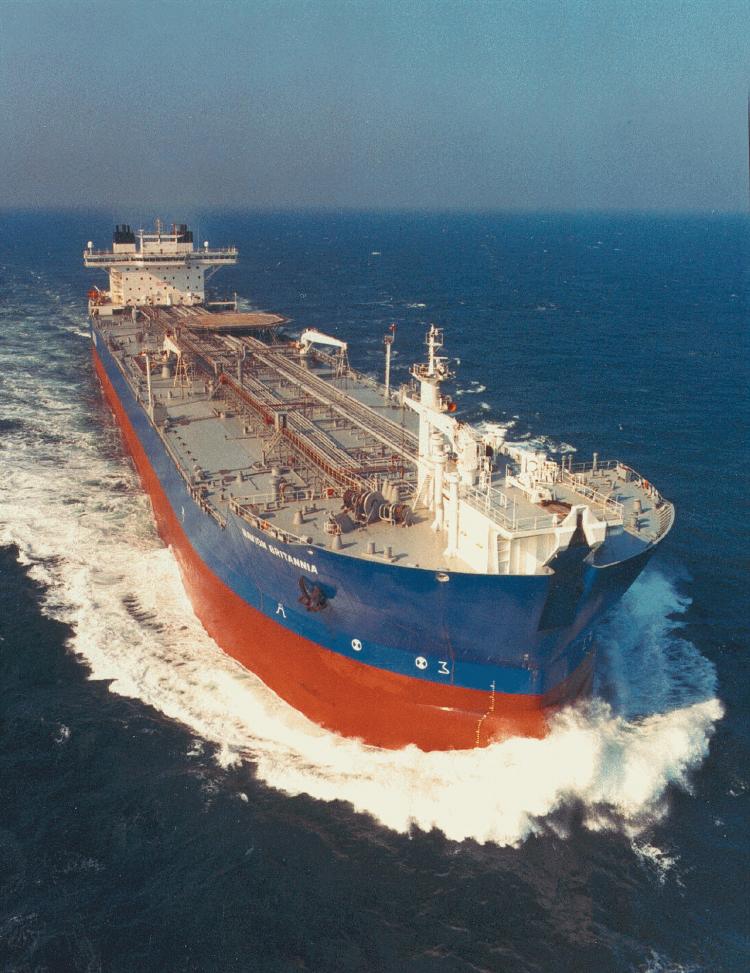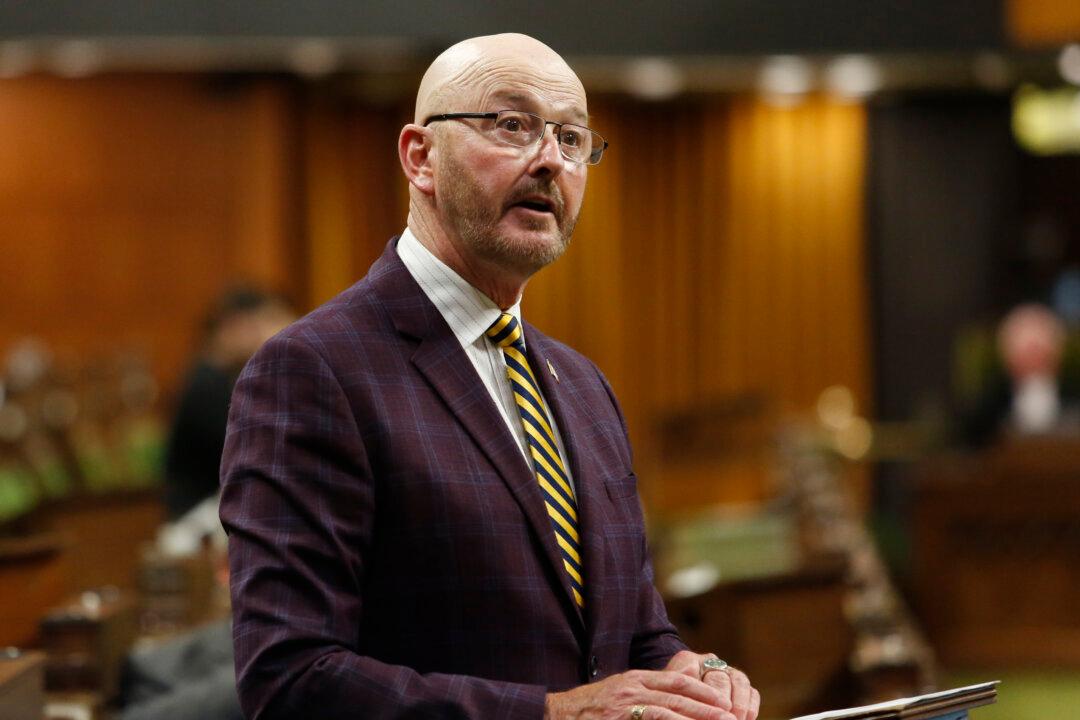With the 20th anniversary of the devastating Exxon Valdez oil spill coming up on March 24, concerns are mounting over a proposed twin pipeline megaproject running from Alberta to British Columbia that would cross hundreds of kilometres of untouched wilderness.
The Enbridge Inc. Northern Gateway project would carry tar sands petroleum from Edmonton across northern B.C. to Kitimat en route to markets in Asia and the west coast of the U.S. A second pipeline would move condensate, a compound used to thin petroleum, from Kitimat back to Edmonton.
The $4 billion-plus project, which includes the construction of a supertanker terminal in Kitimat, would transport an estimated 525,000 barrels of oil per day and result in heavy oil tanker traffic along the rocky northern coastline of B.C.
Worried about the risk of oil pipelines and tanker traffic to ocean and salmon stream eco-systems, a number of First Nations and environmental groups oppose the Gateway project, including the Dogwood Initiative, an organization based in Victoria dedicated to sustainable land reform.
“They are proposing transporting almost half of the total production of the Alberta oil sands through the coast of BC, which is a lot of oil and hundreds of tankers. With that amount of oil comes a significant risk with spills at the port, spills from the tankers, and with spills on the pipeline,” says Charles Campbell, Dogwood’s communications director.
To raise awareness, Dogwood has distributed over 200,000 removable “oil slick” decals to stick on loonies, which also display the organization’s website, notankers.ca.
This has raised the ire of the Royal Canadian Mint, which has warned Dogwood that it is violating the law by defacing currency and could face fines and imprisonment.
Campbell argues that the law in question was designed to prevent people from melting down coins and using them for other purposes, noting that loonies carrying the decals are undamaged and perfectly usable. He says the campaign will continue.
“We feel that the risk of an oil spill outweighs the risk of prosecution. There’s nothing to prevent people from using these coins and furthermore we encourage them to use them and continue putting them into circulation.”
The Enbridge Inc. Northern Gateway project would carry tar sands petroleum from Edmonton across northern B.C. to Kitimat en route to markets in Asia and the west coast of the U.S. A second pipeline would move condensate, a compound used to thin petroleum, from Kitimat back to Edmonton.
The $4 billion-plus project, which includes the construction of a supertanker terminal in Kitimat, would transport an estimated 525,000 barrels of oil per day and result in heavy oil tanker traffic along the rocky northern coastline of B.C.
Worried about the risk of oil pipelines and tanker traffic to ocean and salmon stream eco-systems, a number of First Nations and environmental groups oppose the Gateway project, including the Dogwood Initiative, an organization based in Victoria dedicated to sustainable land reform.
“They are proposing transporting almost half of the total production of the Alberta oil sands through the coast of BC, which is a lot of oil and hundreds of tankers. With that amount of oil comes a significant risk with spills at the port, spills from the tankers, and with spills on the pipeline,” says Charles Campbell, Dogwood’s communications director.
To raise awareness, Dogwood has distributed over 200,000 removable “oil slick” decals to stick on loonies, which also display the organization’s website, notankers.ca.
This has raised the ire of the Royal Canadian Mint, which has warned Dogwood that it is violating the law by defacing currency and could face fines and imprisonment.
Campbell argues that the law in question was designed to prevent people from melting down coins and using them for other purposes, noting that loonies carrying the decals are undamaged and perfectly usable. He says the campaign will continue.
“We feel that the risk of an oil spill outweighs the risk of prosecution. There’s nothing to prevent people from using these coins and furthermore we encourage them to use them and continue putting them into circulation.”







